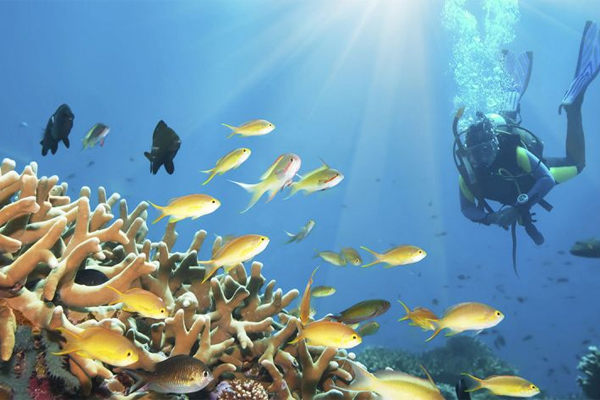



|
Tweet
Pin
It
|
Oceanography, the science of oceans is the scientific study of all aspects of the ocean, their boundaries and their continents. To be more specific, oceanography is the study of the seas, its coastline, estuaries, coastal waters, shelves and the ocean bed. As such it is an interdisciplinary science that integrates principles of Biology, Chemistry, Geology, Meteorology and Physics. Oceanography is an exciting field offering you the advantage of being involved with a variety of scientific disciplines and an opportunity for lifelong learning.
Oceanography is today of great significance to developing countries. A career in this area is really a challenging one and it provides opportunity to those with intrinsic curiosity and a desire to venture into the vast realm of the unknown, which exists within our oceans. The work involves collecting samples, conducting surveys, analyzing data using sophisticated equipment in the sea for long hours
Oceanographers apply the basic sciences to study the world’s oceans and coastal waters. They study the motion and circulation of the ocean waters and their physical and chemical properties, and how these properties affect coastal areas, climate, and weather. Often, they are chemists, physicists, biologists, or geologists who bring their special skills to ocean studies. Being essentially a research–oriented profession, long periods are spent at the sea with all its challenges and hazards. Depending upon the areas of specialisation they work in several fields such as marine biology, geological oceanography, physical oceanography and chemical oceanography.
Tags
adventurous career
,
marine science career
,
research career
,
aquatic career
,
oceanography
Find it Useful ? Help Others by Sharing Online
Comments and Discussions |
Related
Career Options
|
|||
|
|